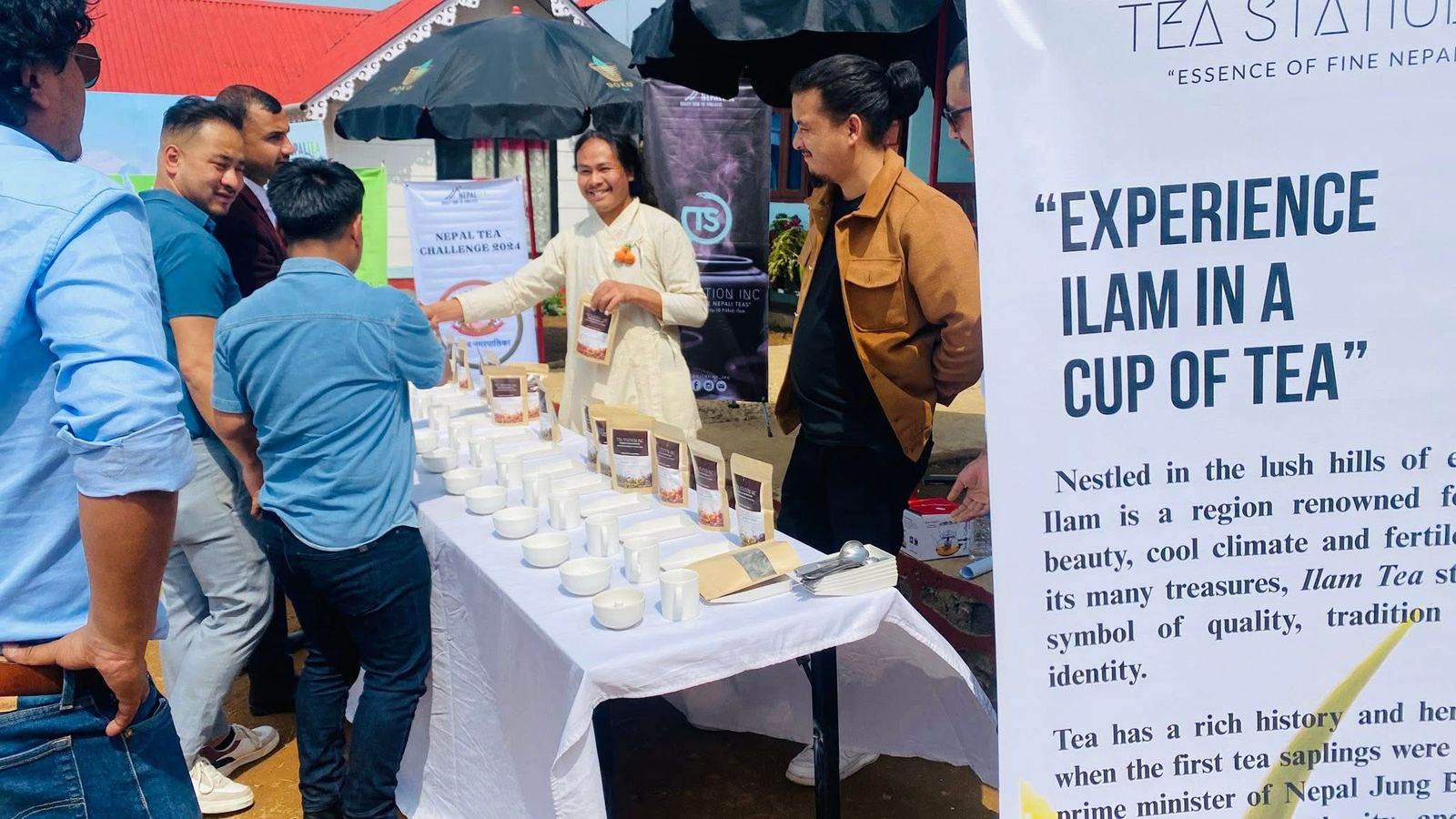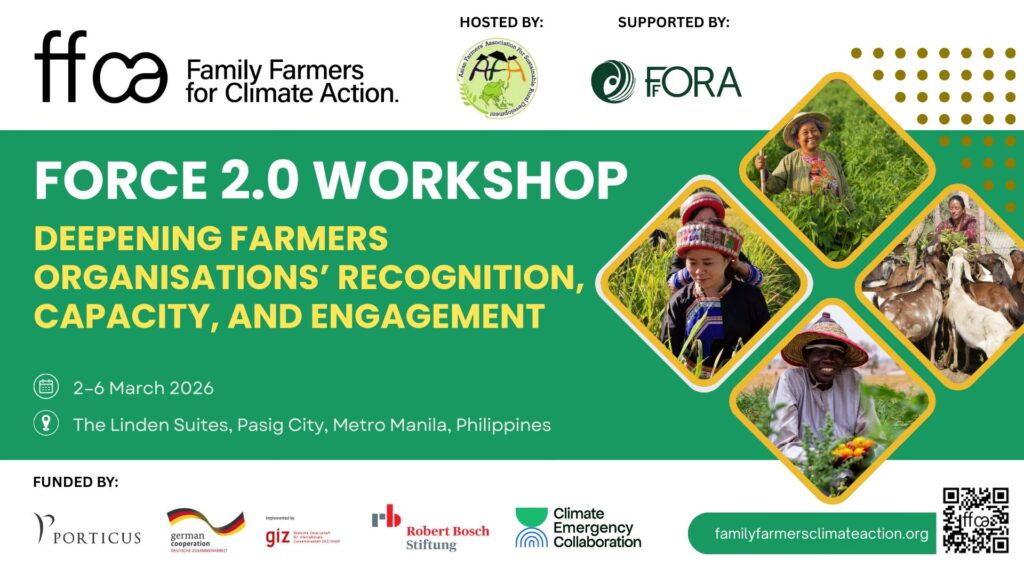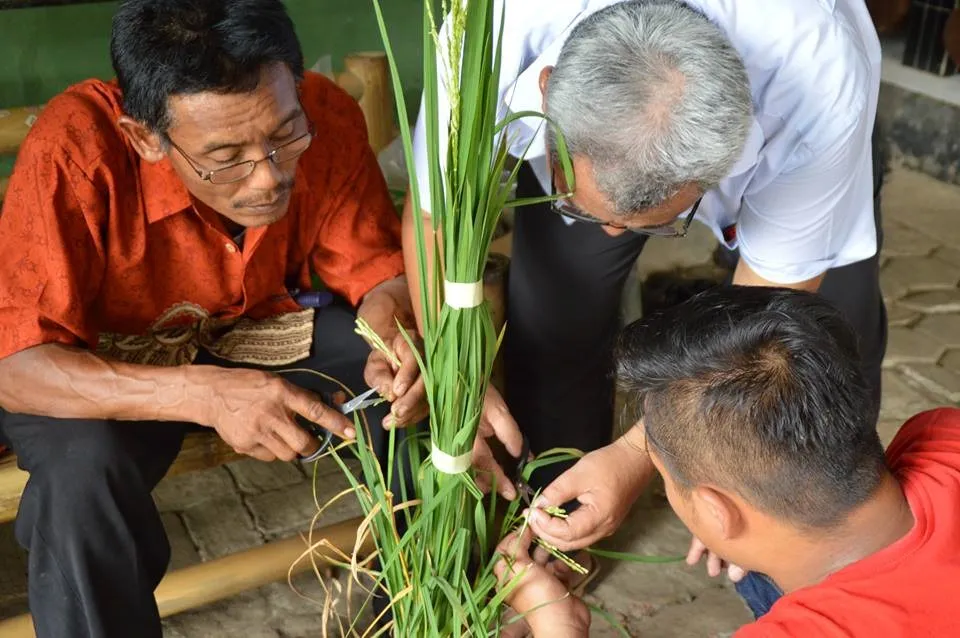
Revitalizing agriculture through entrepreneurship and innovation: A success story of a young tea farmer in Nepal
Bibek Rai, a 30-year-old resident of Suryodaya Municipality-10, Ilam District, Koshi Province, Nepal, is a young and passionate tea farmer and entrepreneur. He is affiliated with the Ratnachowk Tea Producer Cooperative Society Ltd. and serves as a member of the youth committee of the Central Tea Cooperative Federation (CTCF) Nepal, a member of the Asian Farmers’ Association for Sustainable Rural Development (AFA). Known for his strong commitment to sustainable tea farming and his hardworking nature, Bibek begins each morning with a cup of tea made from leaves he has grown and processed himself. He markets his processed tea both within Nepal and internationally, fetching a good price for his high-quality products.
In Nepal, a growing number of young people are leaving farming in favor of urban jobs or foreign employment, leading to agriculture becoming a lower priority for the youth. One of the major barriers young farmers face is the lack of capital, which hinders them from starting agribusiness ventures. Additionally, tea farmers often have to sell their green leaves at low prices and lack access to the technical knowledge needed for effective tea farming and processing.
To address these challenges, Bibek recognized the importance of encouraging youth in agripreneurship and adopting sustainable farming technologies. He believes that simply producing and selling green leaf tea to private factories is not a long-term solution. Instead, farmers must add value to their products to secure better and more sustainable prices. Skill-building and capacity development, he says, are key to professionalizing farming and improving livelihoods.
With limited funds, Bibek established a small cottage industry using handmade tea processing techniques. This allowed him to add value to his product and significantly increase his income from tea farming. He adopted organic farming methods, using organic fertilizers and locally available materials to manage his tea garden. To enhance productivity, he applied proper farming technologies. Bibek also completed the Assistant Tea Technician Training Level 1, organized by CTCF Nepal, and participated in various workshops on tea production, processing, and organic farming. In addition, he organized community meetings to encourage young people to take up farming and share their ideas.
The results have been remarkable. Through value addition and sustainable practices, Bibek increased his income from tea farming by 200%. The unique appeal of handmade tea has boosted demand for his products, particularly his two domestic brands: JHAKRI Gold and MUNDUM Orthodox Black. These brands are gaining popularity in local markets, and Bibek is now showcasing them at various national forums. His dedication and entrepreneurial spirit have not only improved his own livelihood but also inspired other young people in his community to view tea farming as a viable and rewarding profession.
Young farmers and agripreneurs like Bibek can revitalize agriculture by combining passion with sustainable practices. Continuous training, capacity building, and strong cooperative networks empower farmers to adopt modern techniques and improve productivity. A single farmer’s success story can serve as a powerful inspiration, encouraging rural youth to pursue agriculture as a meaningful and sustainable career—and contributing to broader rural development.
[Note: This article is originally published in the Asian Farmers Association (AFA) website. AFA is one of the steering committee members of ComDev Asia.]



